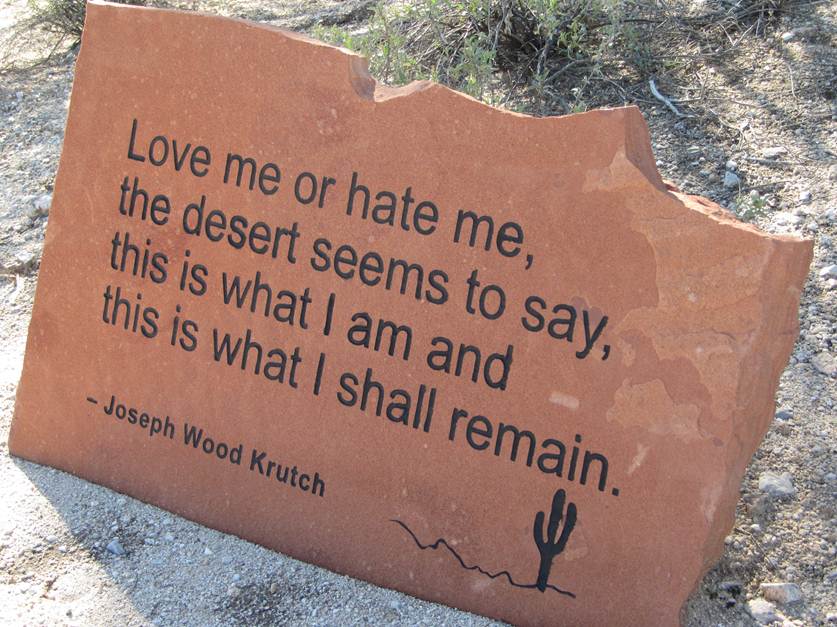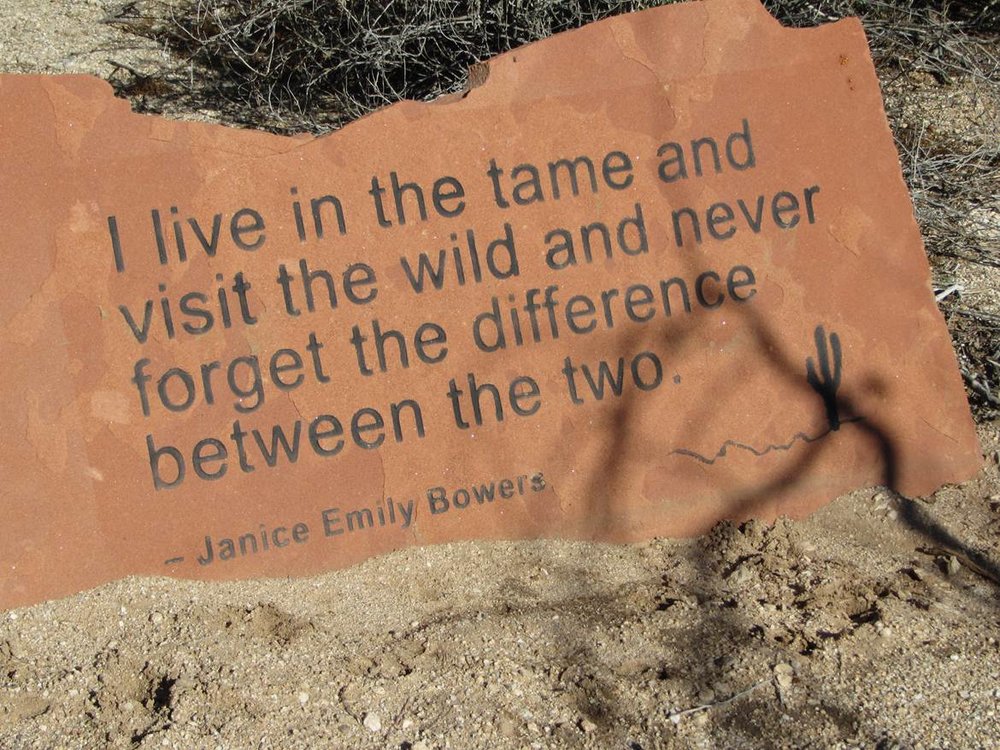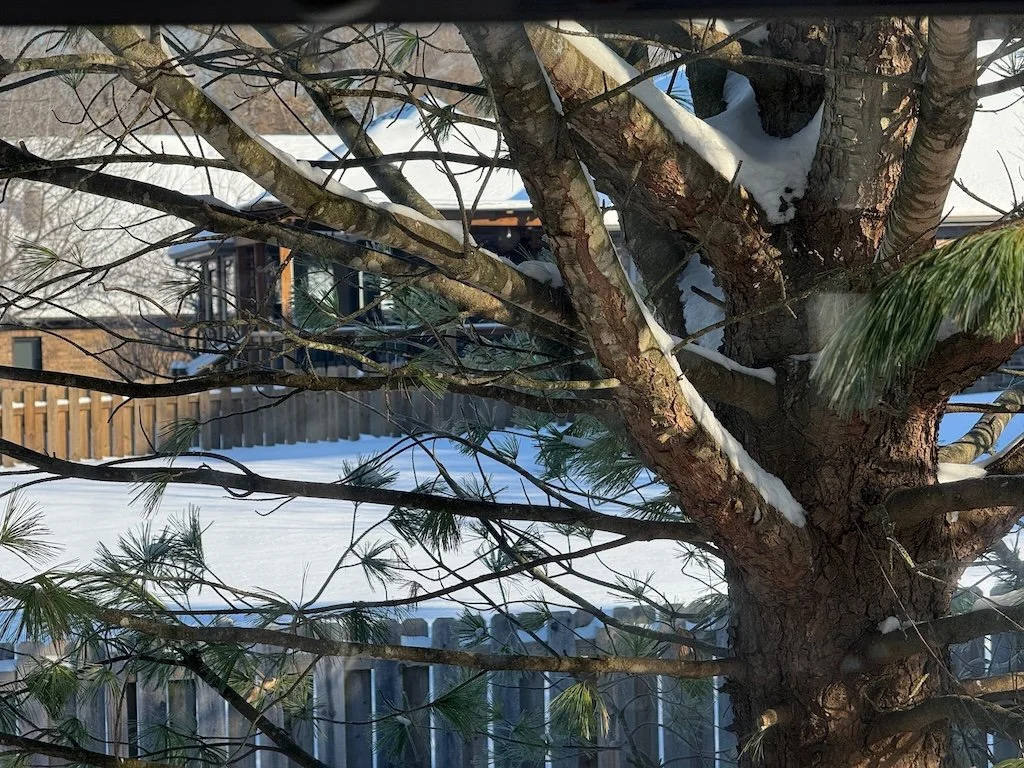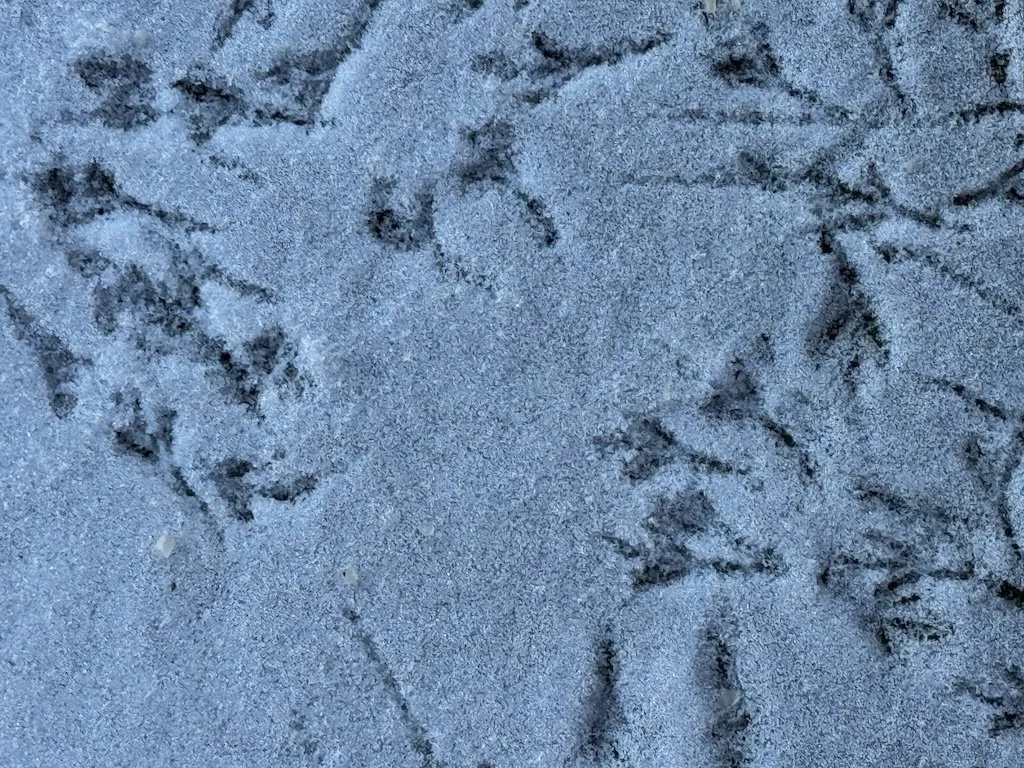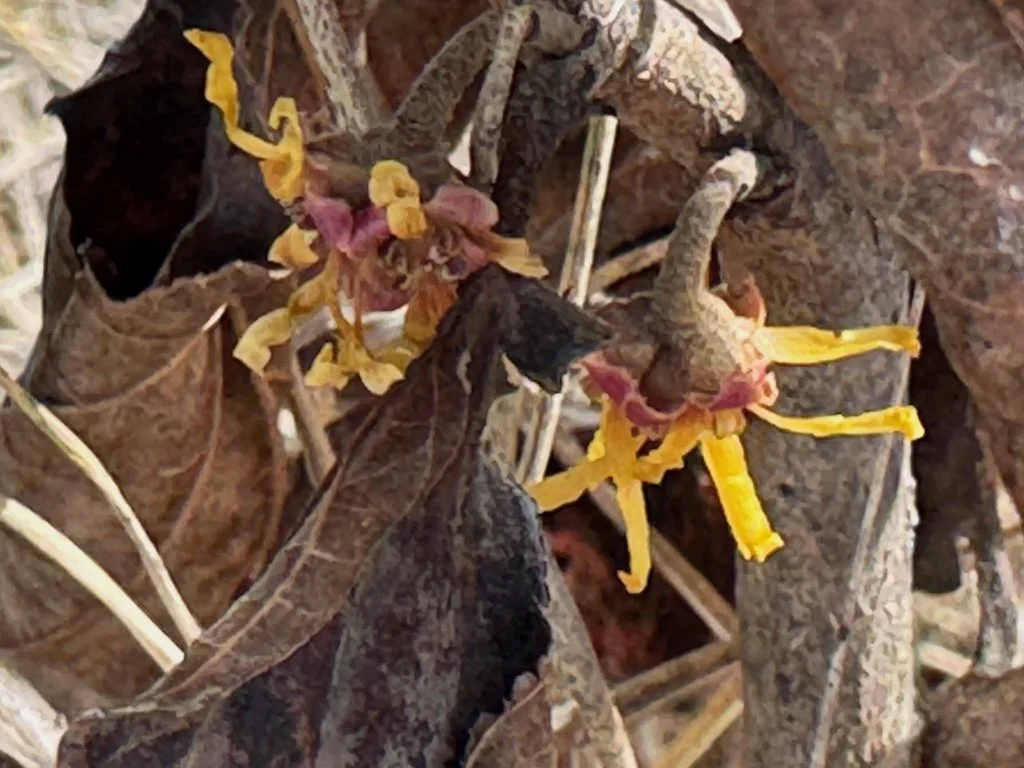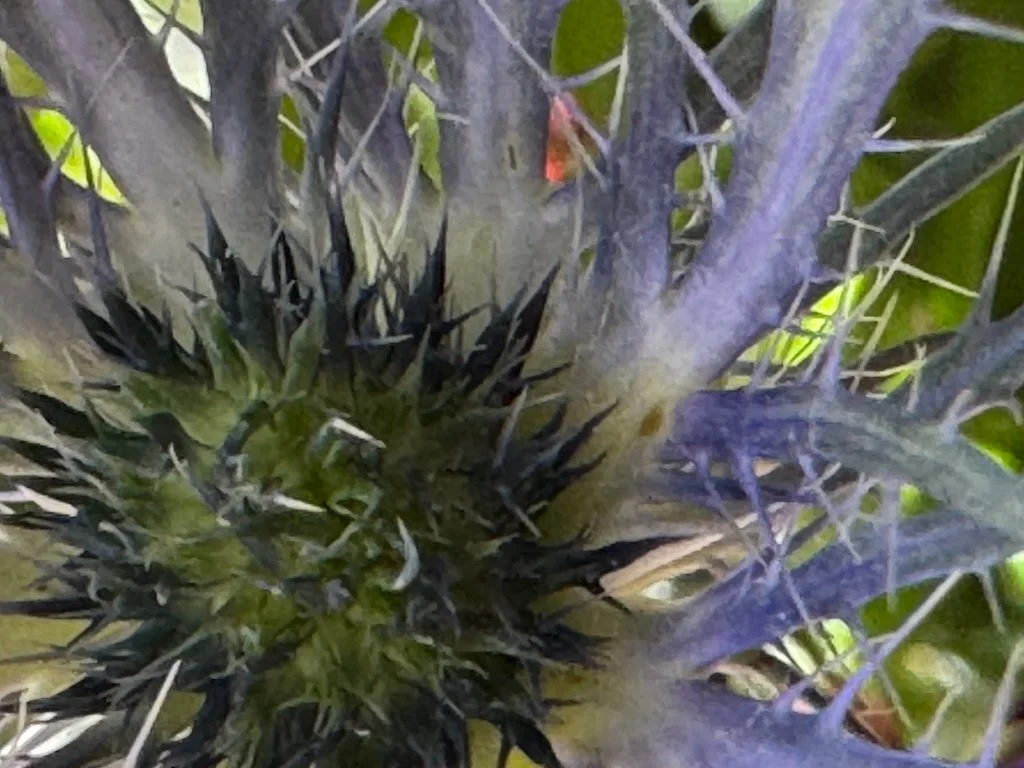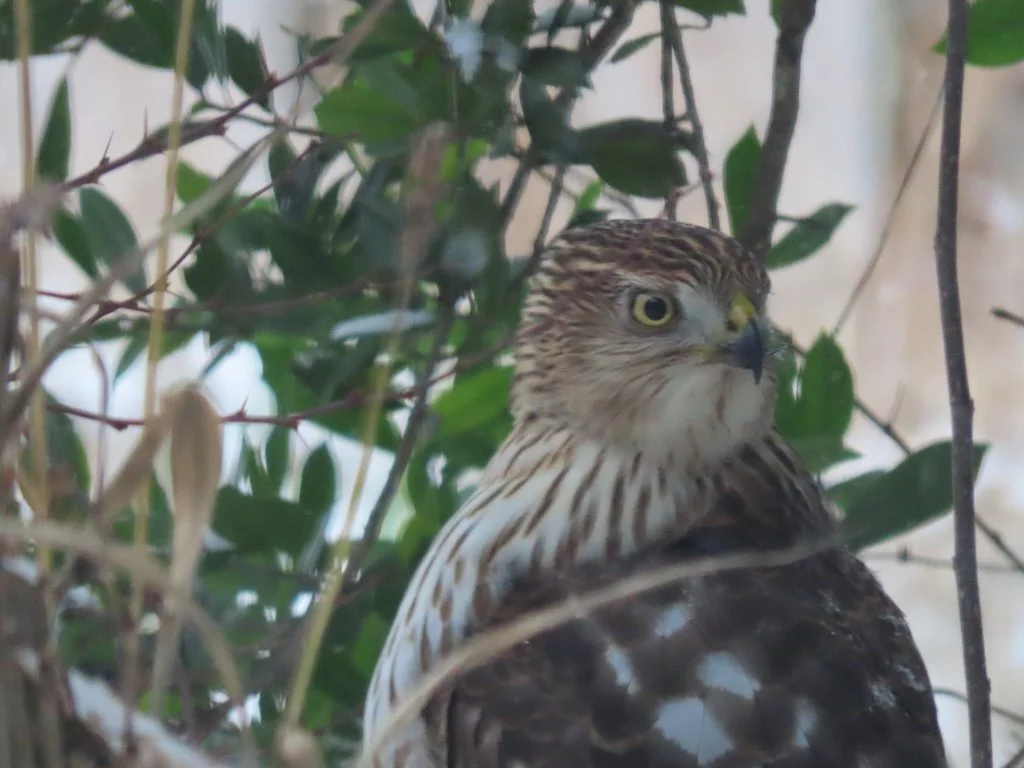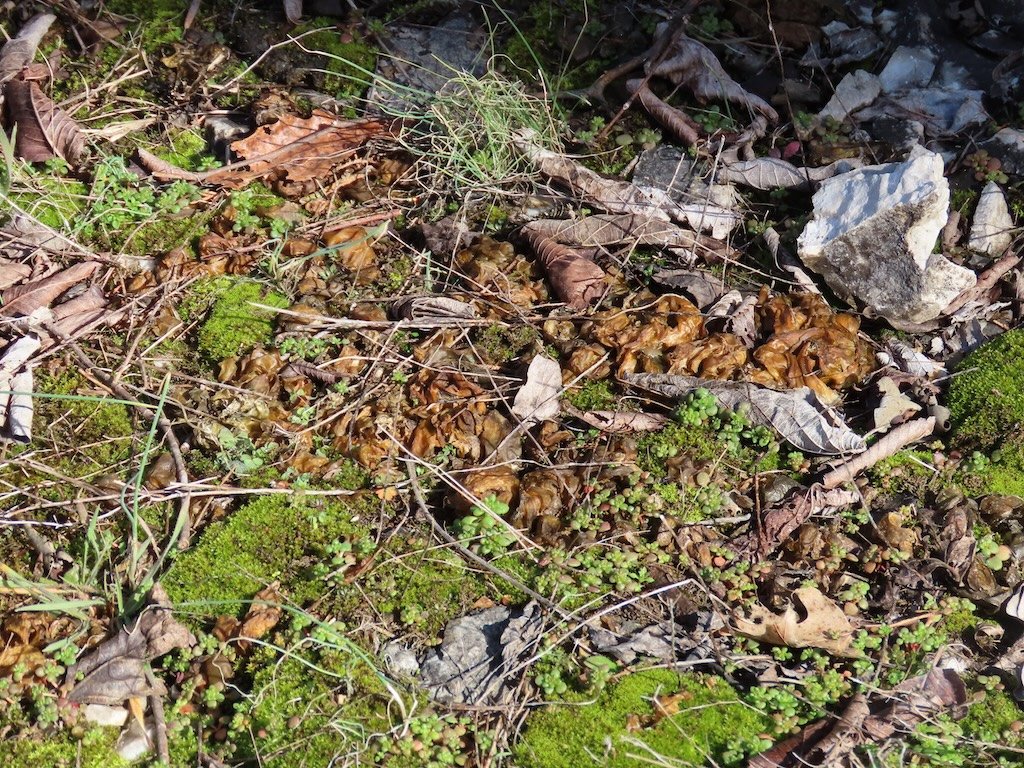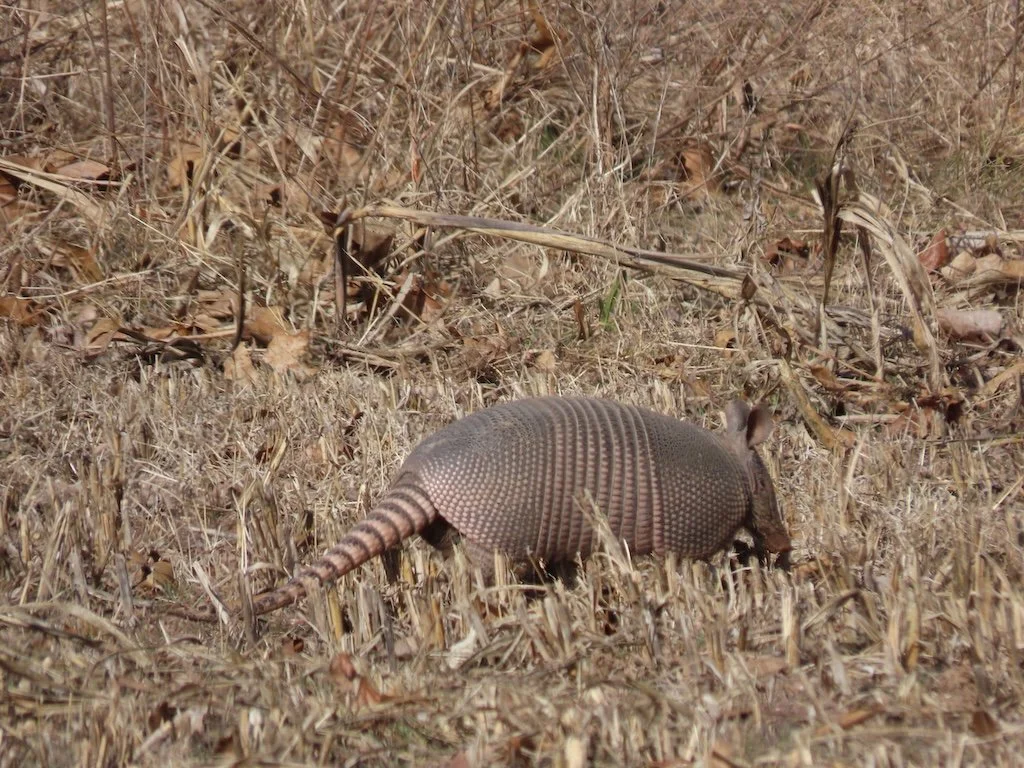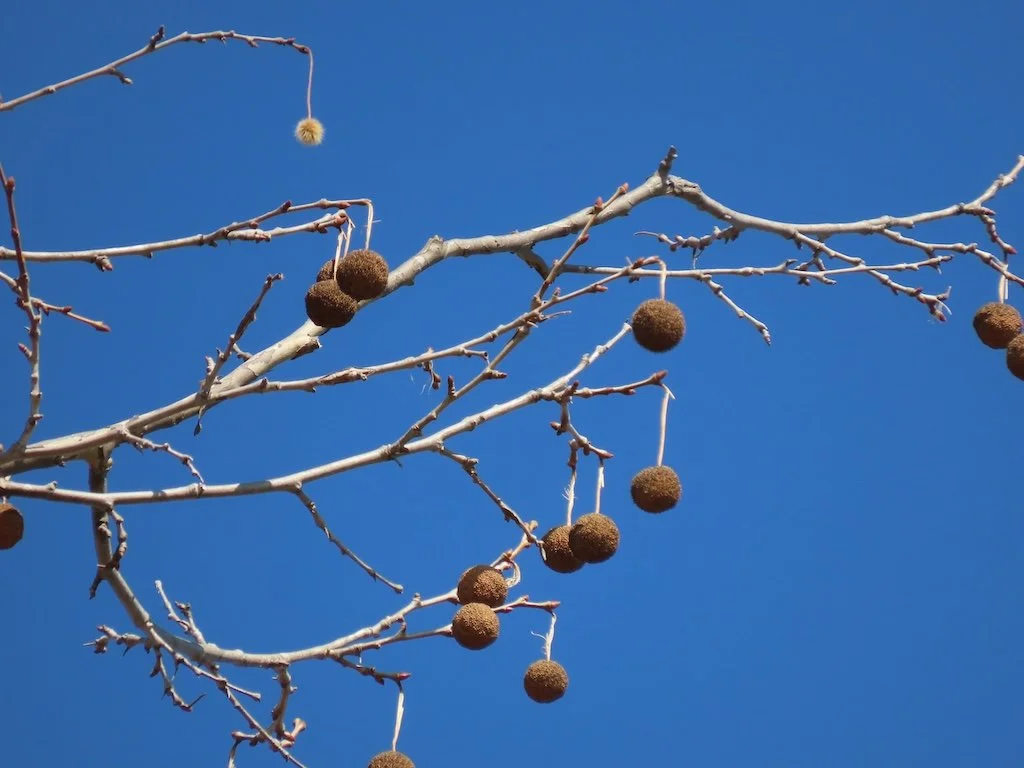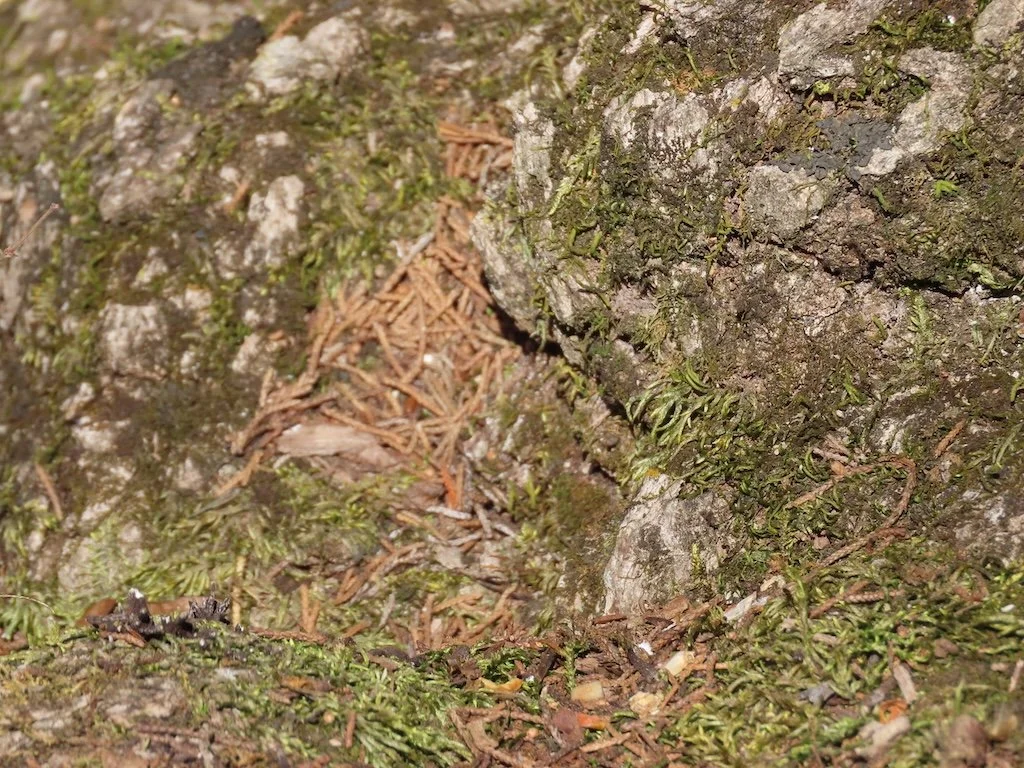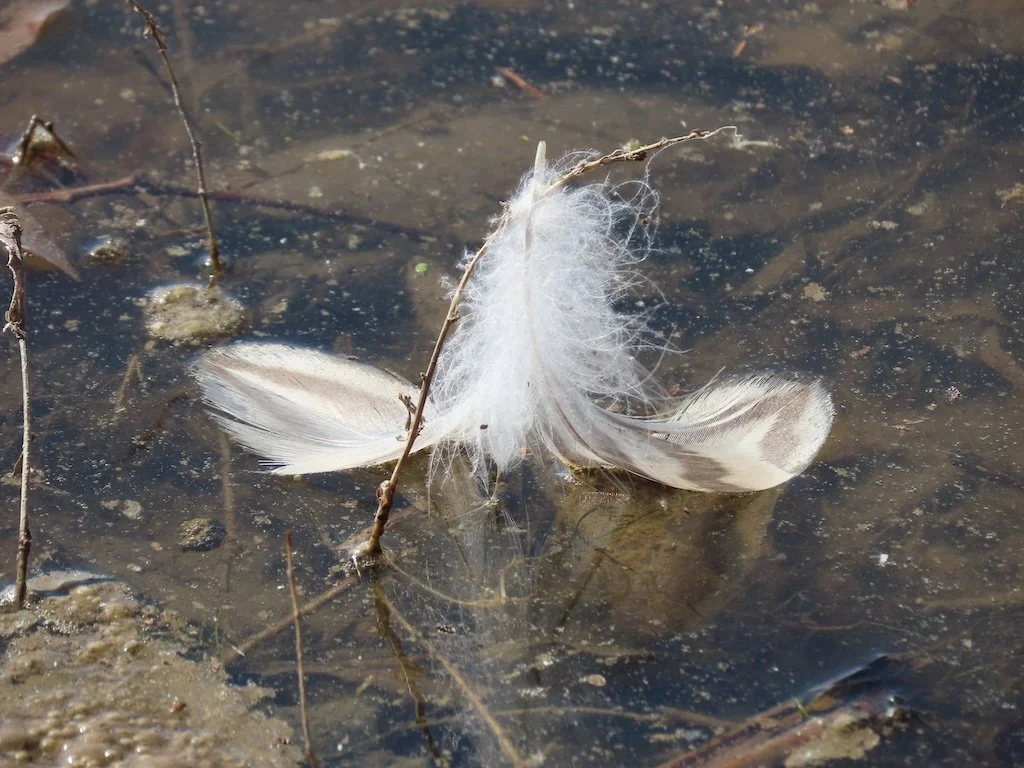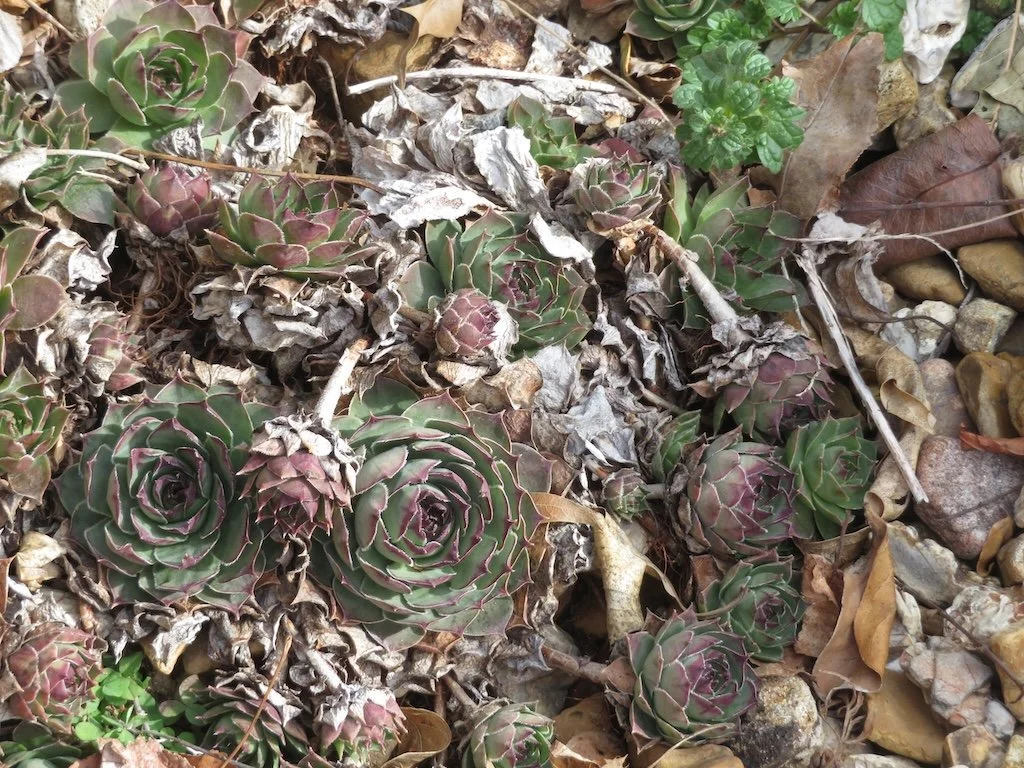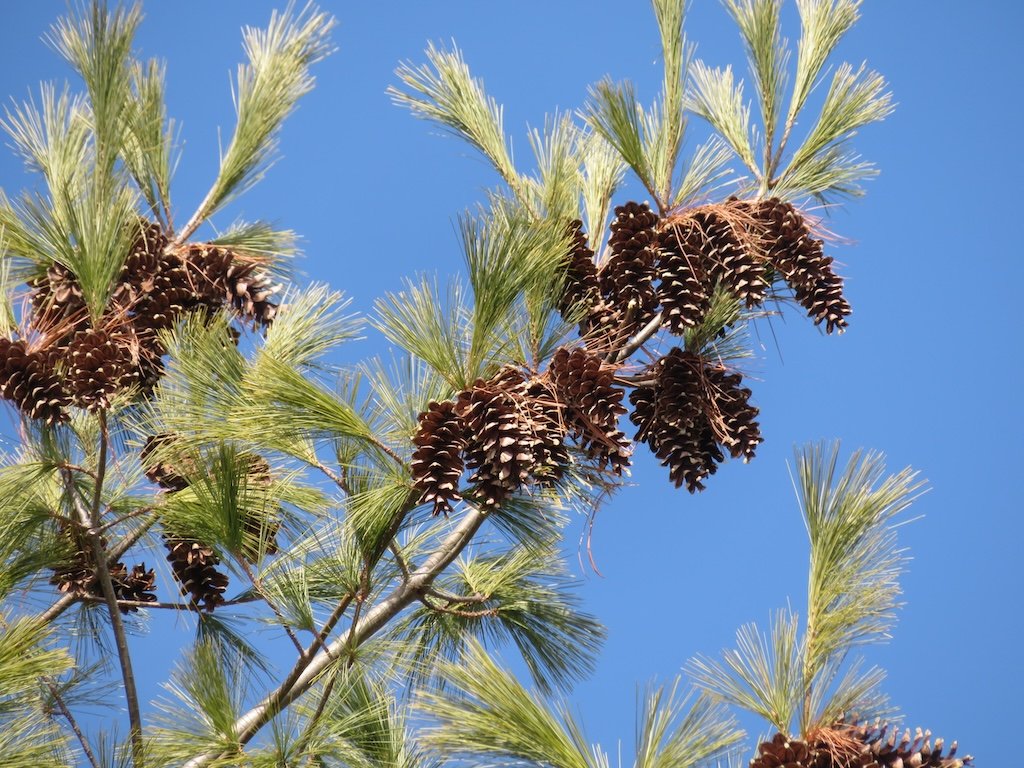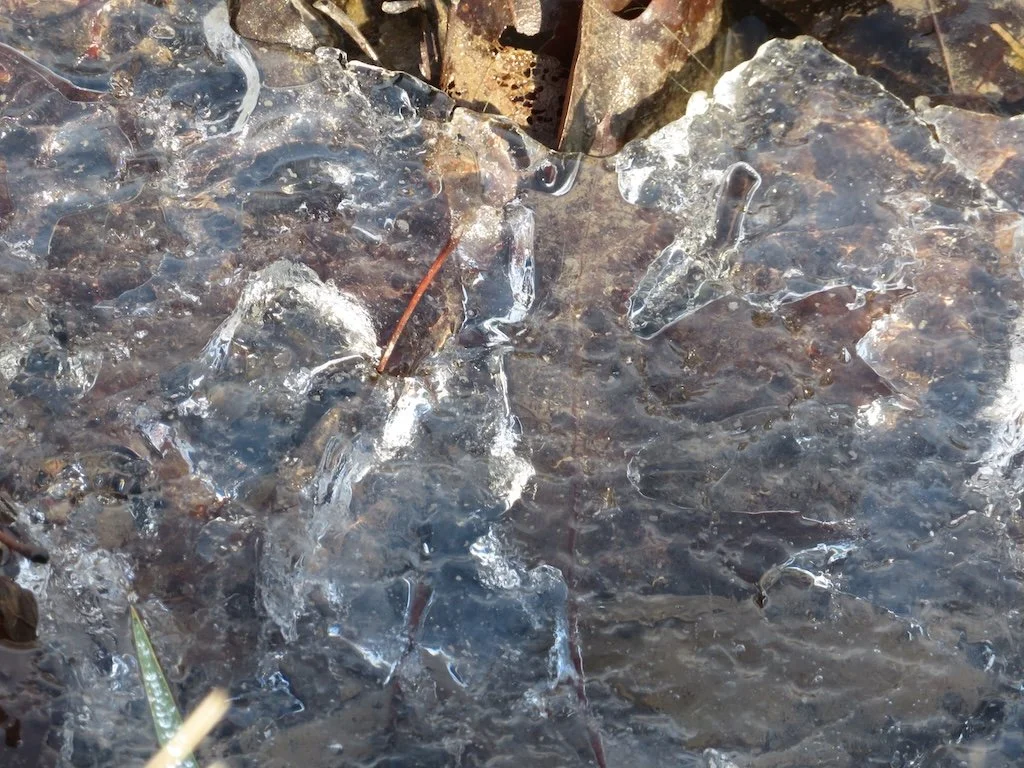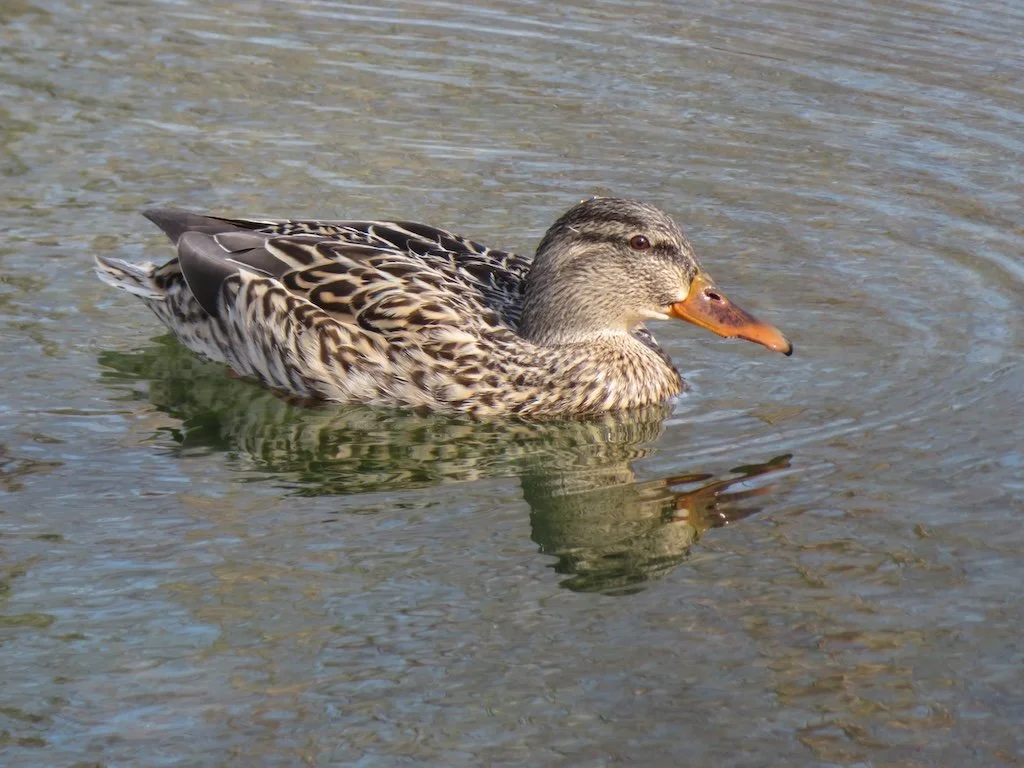Quote of the Day - 03/21/2012
/ Man likes to simplify things, to find single causes to find an order in nature that corresponds with an orderly arrangement of ideas in his own mind. This is surely one of the great drives of thought, leading to many of the great ideas of philosophy, religion, and science. But nature is also frighteningly complex, perhaps too complex ever to be “understood” through the processes of our limited brains – and our fondness for single causes has probably got us in trouble more often than it has helped us. - Marston Bates in The Forest and the Sea: A Look at the Economy of Nature and the Ecology of Man
~~~~~
The quote today is from a book written in 1960 by a zoologist.The book be read not only for its topic (rain forests and seas) but as a ‘history of scientific thinking.’ It answers the question - “What did we know about rain forests and seas in 1960?”
Interestingly enough - the aspect of the book that interested me the most was the realization that we haven’t made much progress over the past 50 years in our tendency to want to simplify - particularly about nature. If we analyze the political discourse that happens every day around the world, we may even notice that we’ve become even more extreme in our desire. If it can’t be communicated in a sound bite or tweet - we tend to get bored.
Another thought prompted by the book - Most of us spend much less time outdoors in direct contact with nature than people did 50 years ago. In 1960 - air conditioning was not as prevalent and houses were not so well insulated; even indoors, the noises of the outdoors were heard. We are losing whatever intuitive understanding we had of nature - even it if was a simplified understanding.
Finishing on a positive note - the development of computers over the past 50 years has enabled models that may help us overcome the obstacle that nature is ‘perhaps too complex to be “understood” through the processes of our limited brains.’ The question then becomes - will our penchant for simplification allow us to use the results of those models to guide our actions that impact our world.


